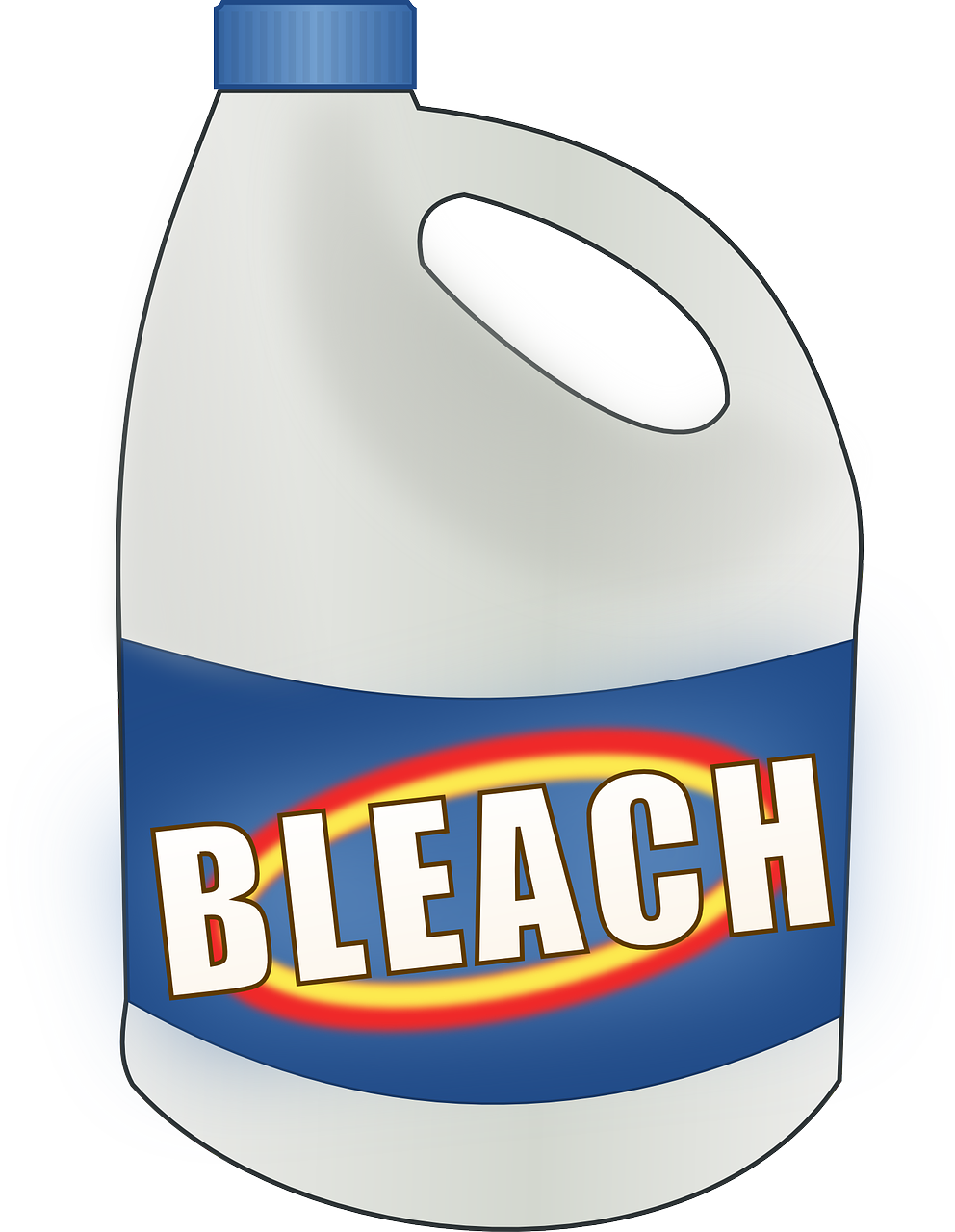If you’re a new homeowner with a septic system, you may ask yourself, “Will bleach damage my septic system?” You’re not alone. Bleach, a common household cleaning product, is often underestimated for its potential impact on the effectiveness and durability of your septic tank.
The performance of your septic tank relies on the liquids it processes. Unfortunately, many homeowners are unaware of which liquid can harm their septic systems, putting their tanks at risk.
It’s true that everyday household products and liquids, such as bleach, have the potential to damage septic systems, leading to costly repairs.
In this article, we’ll specifically delve into using bleach in a septic system, discussing potential harm and dispelling any misconceptions you might have heard.
Can You Use Bleach in Your Septic System?
Bleach, a common household cleaner, is a staple in many homes. When it comes to septic systems, the use of bleach is a contentious issue.
While moderate use of bleach is generally considered safe, excessive and frequent use can disrupt the delicate balance of bacteria within the septic tank.
Septic systems rely on a healthy population of bacteria to break down solid waste and maintain the system’s overall functionality.
Bleach, being a strong disinfectant, can kill these beneficial bacteria. However, using bleach sparingly, such as for occasional cleaning, is unlikely to cause significant harm to the septic system.
It’s essential to choose low-concentration, septic-safe bleach alternatives or reduce bleach usage altogether.
What Happens When You Go Overboard with Bleach?
As mentioned, using a reasonable amount of bleach won’t harm your septic system. But if, for some reason, you end up pouring too much bleach into it, there could be some issues.
Using a lot of bleach messes with the good bacteria your septic tank needs to break down solid waste.
These bacteria are essential for the system to work smoothly. When bleach reduces their numbers, the system becomes less efficient and might end up with clogs and backups.
Also, bleach can mess with the overall microbial activity needed for waste breakdown, making the system less effective.
If these bacteria die off because of too much bleach, your system won’t be able to process solid waste properly.
This could lead to material flowing into the drainage area, causing clogs and backups in your system. So, using bleach in moderation is best to keep your septic system running smoothly.
What Household Items Contain Bleach?
As you might have guessed, laundry detergent isn’t the only household cleaning item with bleach.
Other common household cleaners also contain bleach, such as bathroom cleaners, all-purpose cleaners, toilet bowl cleaners, disinfectant wipes, and some surface sprays.
Additionally, you’ll find bleach in certain stain removers, mildew cleaners, and even dishwasher detergents.
It’s important to check product labels for the presence of sodium hypochlorite, the active bleach ingredient.
While these products are great for cleaning and disinfecting, using them carefully is crucial, especially if you have a septic system.
Choosing septic-safe alternatives or cutting back on how often you use bleach-based cleaners can help keep your septic system healthy and running smoothly, preventing potential headaches down the road.
How To Restore Your System If You Have Used Bleach
If you had to use bleach and now your pipes smell bad or are clogged, it’s probably because there aren’t enough helpful bacteria in there. It’s hard to avoid bleach completely, so here’s a simple fix.
You can get bacterial additives in powder or liquid form. If you did a big cleaning or accidentally used a lot of bleach, just flush these additives down the toilet. They’ll go into your tank and help the bacteria grow.
But be careful with bleach—it can harm your pipes and tank. So, it’s best to avoid bleach products you don’t need. Drain cleaners with bleach are not good for your pipes. Instead, use a pipe snake to clear clogs without causing damage.
If you’re still unsure and need more help fixing your pipes, talking to an expert is a good idea. They can give an understanding of the impact of using bleach in your septic system.
Conclusion
Understanding the impact of using bleach in your septic system is crucial for its long-term health. Despite bleach being a common household cleaner, many people may not be aware that it can disrupt the delicate balance of their septic tank.
Protect your septic system – choose VI REEL Septic & Excavation for expert advice! If you’re a new homeowner or simply concerned about the impact of bleach on your septic tank, our professionals are here to guide you. Don’t risk costly repairs – contact us today for septic-safe alternatives and expert insights.


